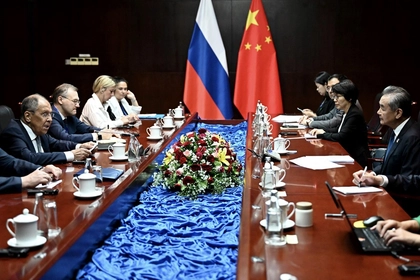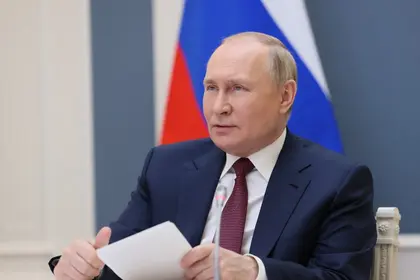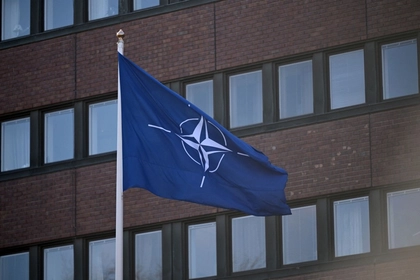Russia has covertly sent at least $300 million to foreign political parties and candidates in more than two dozen countries since 2014 in bids to gain influence, a declassified US intelligence assessment said Tuesday.
US intelligence “assesses that these are minimum figures and that Russia likely has transferred additional funds covertly in cases that have gone undetected,” a senior administration official said.
JOIN US ON TELEGRAM
Follow our coverage of the war on the @Kyivpost_official.
“We think this is just the tip of the iceberg,” the official told reporters on condition of anonymity.
In one of the most egregious cases cited in the new assessment, US intelligence said that the Russian ambassador in an unnamed Asian country provided millions of dollars to a presidential candidate.
The declassified assessment did not give details on specific countries. But an administration source familiar with the findings alleged that Russia spent around $500,000 to back Albania’s center-right Democratic Party in 2017 elections and also bankrolled parties or candidates in Bosnia, Montenegro and Madagascar.
The source, who was not authorized to speak on record, said that Russia has also used Brussels as a hub for foundations and other fronts that back far-right candidates, and that Russia’s embassy in Ecuador was sent “large amounts” of money from 2014 to 2017, apparently with a mission to swing elections.
The assessment said that Russia has used fictitious contracts and shell companies in Europe and has more directly funneled covert funding in Central America, Asia, the Middle East and North Africa.

Russia, China FMs Meet as ASEAN Talks Get Underway in Laos
Russia has at times sent cash but has also made use of crypto-currencies and “lavish” gifts, it said.
The United States is raising the findings with nations that were directly affected, the administration official said.
– ‘Assault on sovereignty’ –
The official said the United States was also discussing the intelligence more broadly with more than 100 nations as part of President Joe Biden’s “Summit of Democracies,” an initiative he first promised in the 2020 campaign in which he defeated Donald Trump, who has refused to accept the results.
The Biden administration requested the assessment following Russia’s February 24 invasion of Ukraine, which prompted a major US effort to isolate Moscow and arm Kyiv.
State Department spokesman Ned Price said Russia’s alleged election meddling “is also an assault on sovereignty.”
“It is an effort to chip away at the ability of people around the world to choose the governments that they see best fit to represent them,” he told reporters.
The new assessment did not cover domestic US politics, but US intelligence previously said Moscow intervened in the 2016 election, notably through manipulation of social media, to support Trump, who has voiced admiration for Russian President Vladimir Putin.
Asked if the US government was concerned ahead of November congressional elections, Price said, “Any attempt to meddle in our democratic system will be met with strong and stiff consequences.”
A demarche, or internal statement, from the State Department to US missions around the world said that Russia had a two-fold strategy — boosting favored candidates’ fortunes but also gaining influence inside political parties.
“The hidden relationships between these parties and their Russian benefactors undermine the integrity of, and public faith in, democratic institutions,” it said.
Russian officials have long scoffed at US allegations of meddling, noting that the CIA has a long history of backing coups in nations such as Iran and Chile.
Putin was said to be infuriated in 2011 when the United States voiced moral support for protesters around Russia who alleged election rigging.
The Biden administration official rejected any comparison between Russia’s alleged efforts to contemporary US practices such as funding election monitors and non-governmental pro-democracy groups.
US assistance is transparent and “we do not support a particular party or particular candidate,” the official said.
“It is about democratic governance and trying to help our other democracies strengthen democratic governance.”
You can also highlight the text and press Ctrl + Enter






